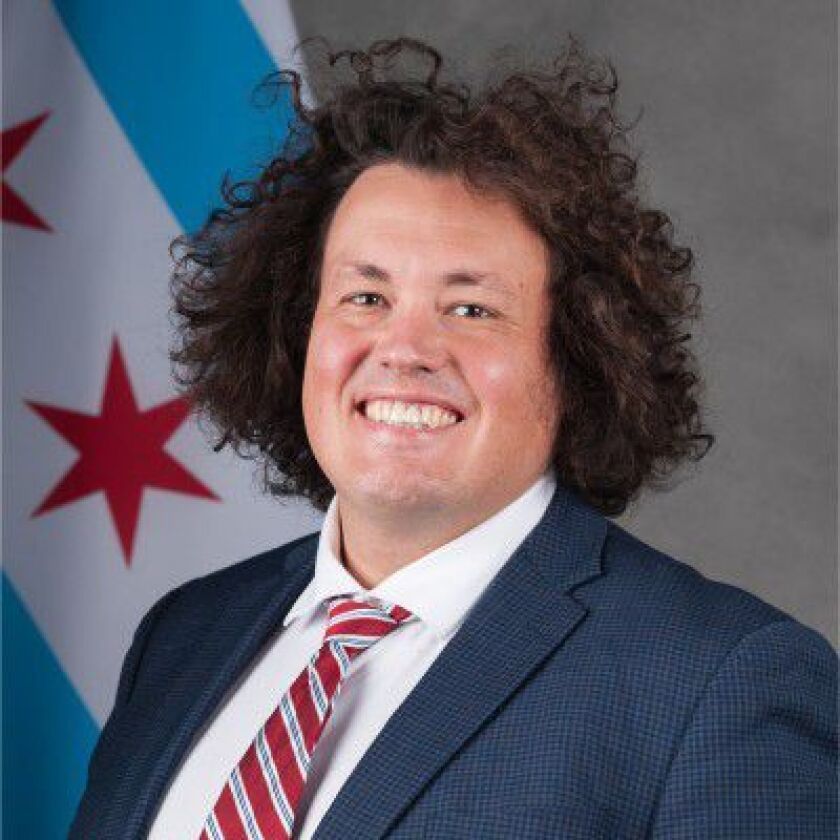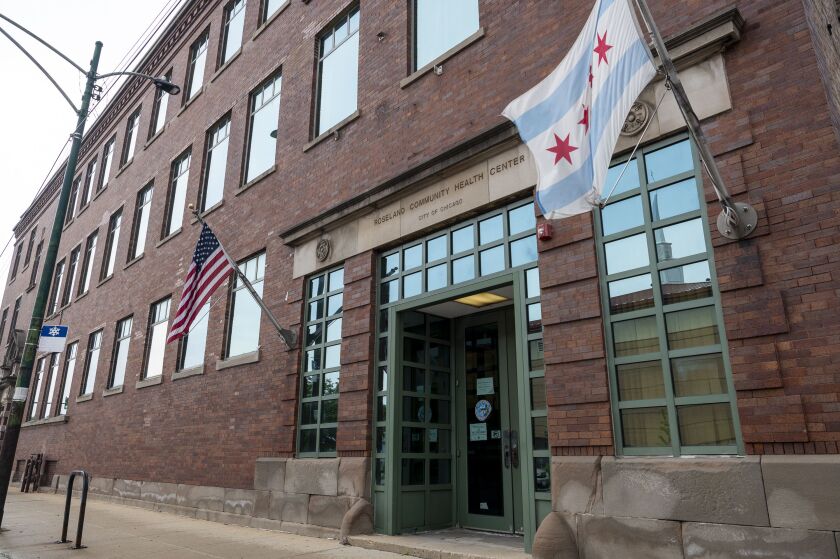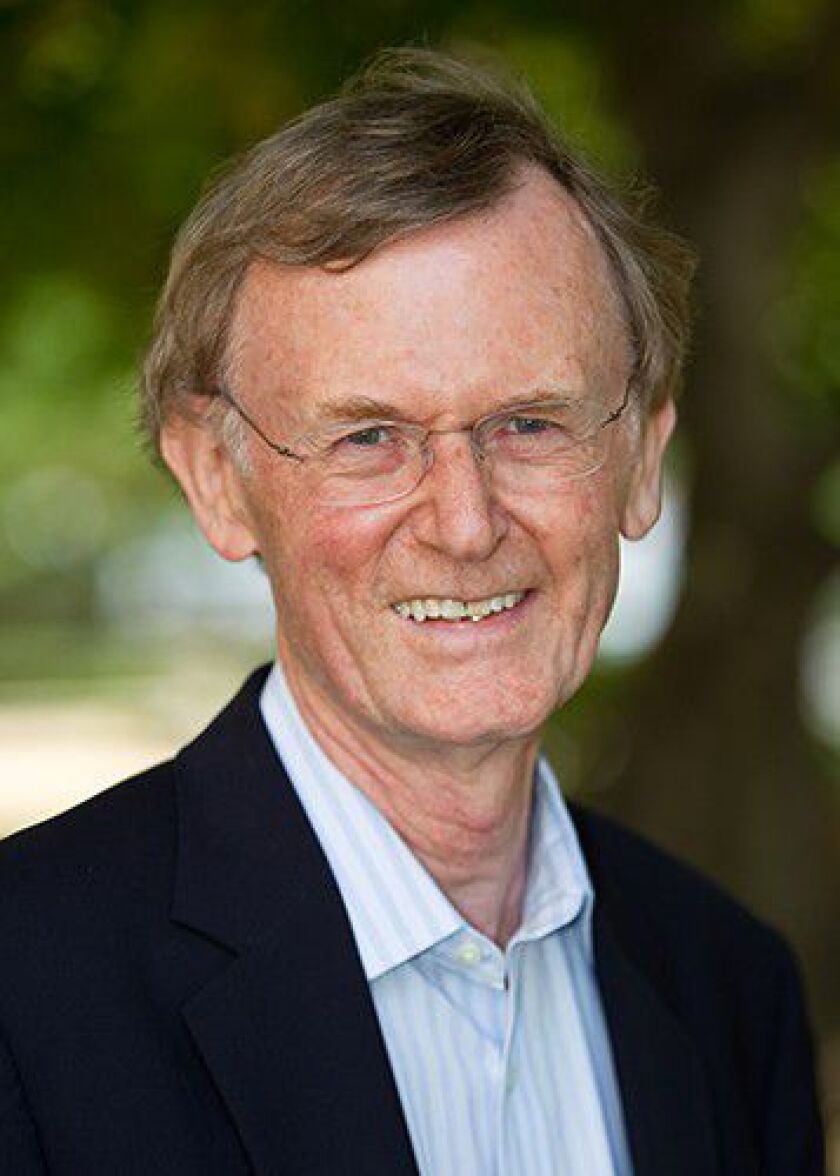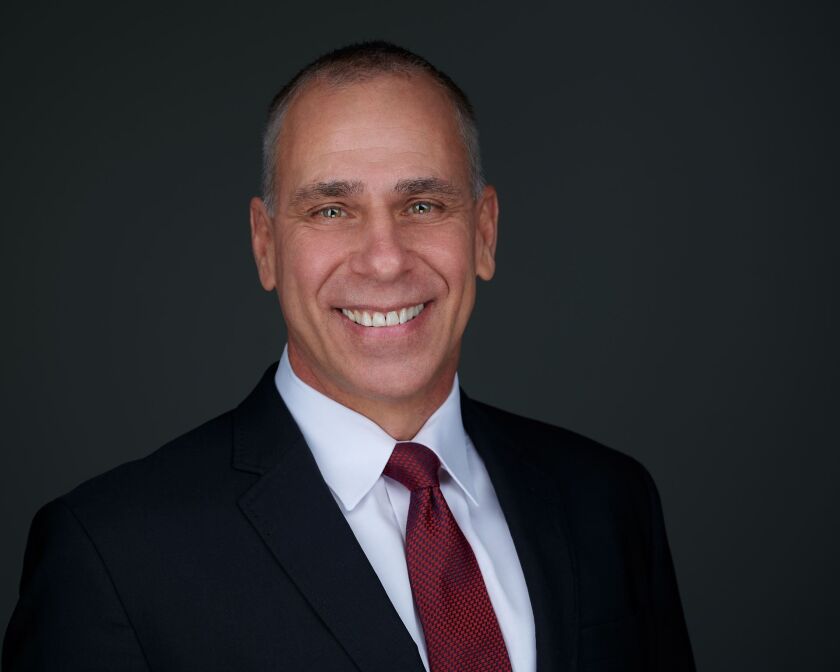For the first time in Chicago, some 911 calls for mental health emergencies won’t be answered by police officers but by mental health professionals paired with paramedics.
In one pilot program starting this fall, a paramedic will be dispatched with a mental health clinician for “behavioral health calls.” In another, a paramedic will work with a “recovery specialist” on calls involving substance abuse.
Mental health clinicians will be on hand at the 911 center to monitor situations, but questions remain how well these new responders will be able to de-escalate violence that can erupt during such calls.
The “alternative response” programs are being launched amid continuing debate over the role of police after the killing of George Floyd by a Minneapolis police officer last spring.
Floyd had battled addiction and had previously reported suffering from depression and hearing voices. An officer placed his knee on Floyd’s neck for about nine minutes to restrain him, making it impossible for him to breathe.
Across the country, towns and cities have begun rolling out programs to better respond to mental health crises. Some use specially trained cops, others pair them with mental health professionals and a few localities have removed police from such calls altogether.
Public health approach
Chicago began incorporating crisis intervention training several years ago after the highly publicized cases of teenagers Laquan McDonald and Quintonio LeGrier, who were both apparently experiencing mental episodes when they were shot and killed by officers responding to 911 calls.
The pilot programs go further by emphasizing a “public health approach” to responding to 911 calls, city officials say.
“We’re super excited,” said Alex Heaton, Mayor Lori Lightfoot’s policy adviser for public safety. “This is a brand new workforce for the city, and it’s an exciting opportunity to use a public health approach for people likely to come in contact with the first responder system.”
Before the pilots begin, however, the city will staff two ambulances each with a police officer trained in crisis intervention, a paramedic and a mental health clinician.
A team based on the North Side and another on the South Side will respond around the clock in 13 neighborhoods with a historically high number of mental health calls: Uptown, North Center, Lake View, Humboldt Park, West and East Garfield Park, West Englewood, West Elsdon, Chicago Lawn, West Lawn, Gage Park, Auburn Gresham and Chatham.
The teams will start responding to calls in August.
Heaton unveiled the $3.5 million plan — called Crisis Assistance Response and Engagement — in a June 29 meeting of the mayor’s Violence Prevention Planning Committee. Heaton said he hopes the program will get people the help they need instead of just having them spend time in police custody.
“Are we reducing calls from an individual? Is it cost-effective? And are we able to connect folks with places that can address their medical concerns?” Heaton said. “Are we able to engage these organizations to make 911 not be the go-to place?”
Other aspects of the plan include mental health clinicians staffing the 911 center to respond to some calls by phone, eliminating the need for police to respond, Heaton said. That program should begin in October.
Also, police and paramedics will direct people with behavioral health problems to three drop-off centers on each side of the city.
“The only options now are the ER or the lockup,” Heaton said. “But in this pilot ... they’ll bring you [to the center], help stabilize you and connect you with follow-up resources.”
The city already operates one alternative drop-off in Roseland, called the Community Triage Center at 200 E. 115th St. Two other sites will be opened later on the North and West sides, Heaton said.
The centers will be open around the clock and serve as walk-in locations for people as an alternative to calling 911.
Mixed results across the country
The pilot programs will test how much police can be relieved of mental health calls, which can sometimes be dangerous.
Chicago Police Supt. David Brown has said officers responded to 41,000 such calls in 2019 — cops “who would have otherwise spent their time responding to these calls would be free to reallocate their time to other issues, such as proactive crime prevention,” he wrote in the letter to Ald. Rossana Rodriguez-Sanchez (33rd).
While expectations are high, the programs have had mixed results across the country.
In Denver, officials have touted a pilot program launched last June that replaced police officers with health care workers. Over the first six months, crews responded to nearly 750 calls, none of which warranted police assistance or resulted in an arrest.
In Rochester, N.Y., however, Daniel Prude — a Black man from Chicago — was suffocated last March after officers placed a “spit hood” over his head as he experienced a mental breakdown. The police department was among the first in the state to establish a crisis intervention team, but a crisis unit didn’t respond to the call that resulted in Prude’s death.
The father of Quintonio LeGrier, Antonio LeGrier, right, speaks during his son’s funeral at New Mount Pilgrim Church on Jan. 9, 2016. LeGrier, a 19-year-old engineering student, was killed after he confronted officers with a baseball bat as they responded to calls of a domestic disturbance the morning after Christmas 2015.
Sun-Times Media
In Chicago, the programs will be measured against the cases of Laquan McDonald and Quintonio LeGrier.
McDonald, a 17-year-old who had learning disabilities and complex mental health diagnoses, was holding a knife and walking away from police when he was shot 16 times by an officer in October 2014.
The shooting prompted a federal consent decree that mandates sweeping police reforms. And the officer who fired the fatal shots, Jason Van Dyke, was sentenced to nearly seven years in state prison in 2019.
LeGrier, a 19-year-old engineering student, called police saying “someone’s threatening my life” the morning after Christmas 2015. Dispatchers hung up on him initially; he called three times in total before police were sent — and then he was killed after he confronted officers with a baseball bat. In the wake of the shooting, Mayor Rahm Emanuel said the police department needs to make changes “to how officers respond to mental health crises.”
The officer who shot him, Robert Rialmo, was later fired. Two 911 call takers were suspended.
Stuart Butler, a senior fellow at the Brookings Institute who has written about crisis intervention, said the question remains how mental health workers can “de-escalate” dangerous calls.
“People are not sure quite how to structure these teams, and they’re not sure how much responsibility the mental health professionals should have to de-escalate a potentially violent situation, how much backup they need,” Butler said.
A 2019 article in The Journal of the American Academy of Psychiatry and the Law found that roughly a quarter of the 1,000 people killed by police officers in the United States the previous year had some form of mental illness. And a study published in 2015 by the Treatment Advocacy Center noted “the risk of being killed during a police incident is 16 times greater for individuals with untreated mental illness.”
Butler believes Chicago is taking a prudent approach by launching separate pilots and then analyzing the results. But he said the city should first ensure that cops and mental health providers “are absolutely on the same wavelength in terms of what they believe the response should be to certain categories of cases.”
Ron Bruno, a law enforcement veteran and executive director of CIT International, believes there’s “a misconception that responding to crisis situations is dangerous,” pointing to an influential program launched in Eugene, Oregon.
For over 30 years, Crisis Assistance Helping Out On the Streets, or CAHOOTS, has been sending two-person teams consisting of a medic and a crisis worker to respond to mental health calls. None have been killed or seriously injured, Bruno said.
“If they feel they are unsafe, we teach them how to disengage, get out of there and then that they can call law enforcement to come and assist them or to take over the call,” he said.”
Still, Butler said there’s “nervousness among people in the mental health world about being expected to handle violent situations.” Determining who shows up first is especially important and should be assessed on a case-by-case basis, he said.
“It’s really important to have a city like Chicago have a period of really engaging and having a conversation and kind of brainstorming,” he said. “And then they can kind of sift through what are the requirements, what are the conditions that have to be created for this to be successful and not dangerous to the mental health workers.”









